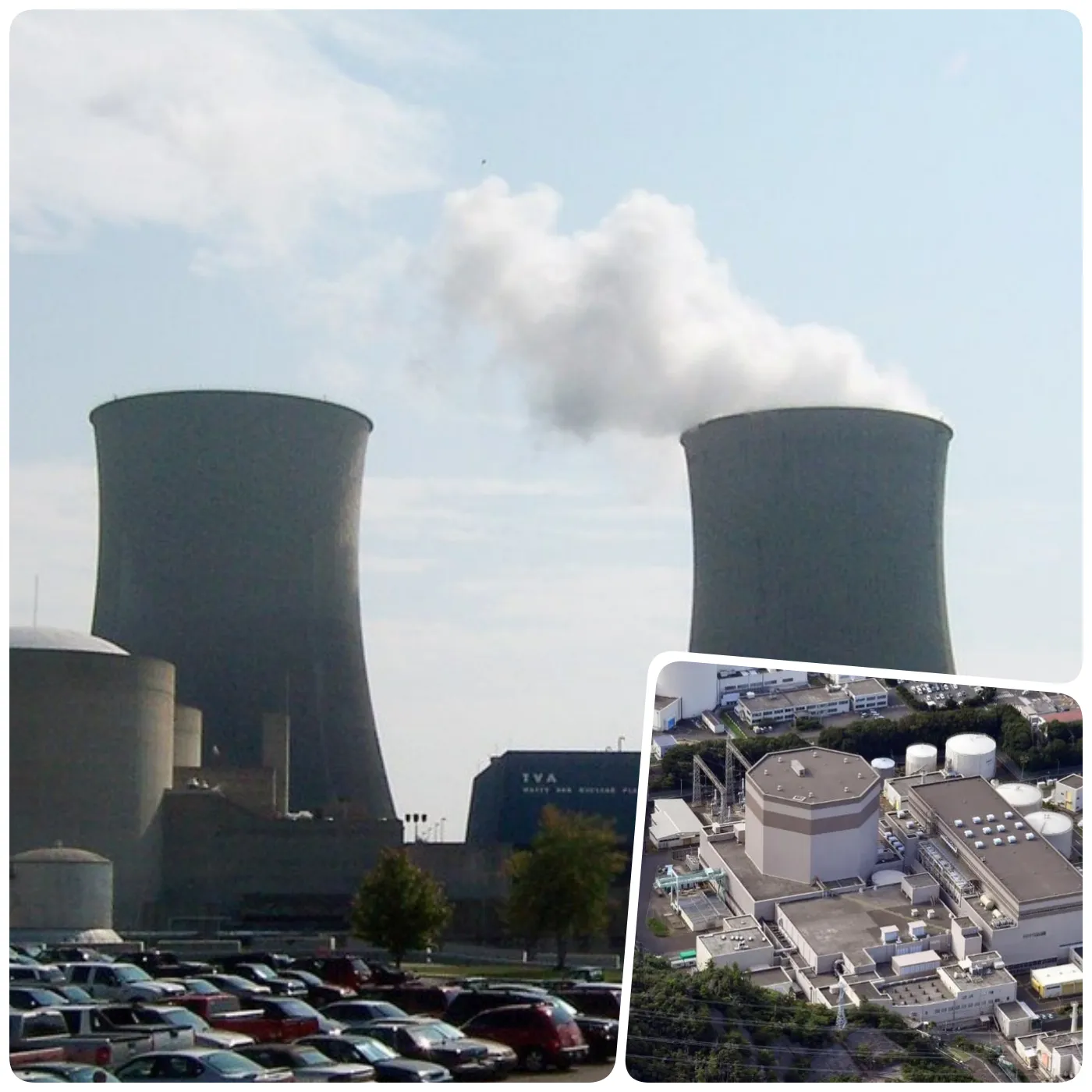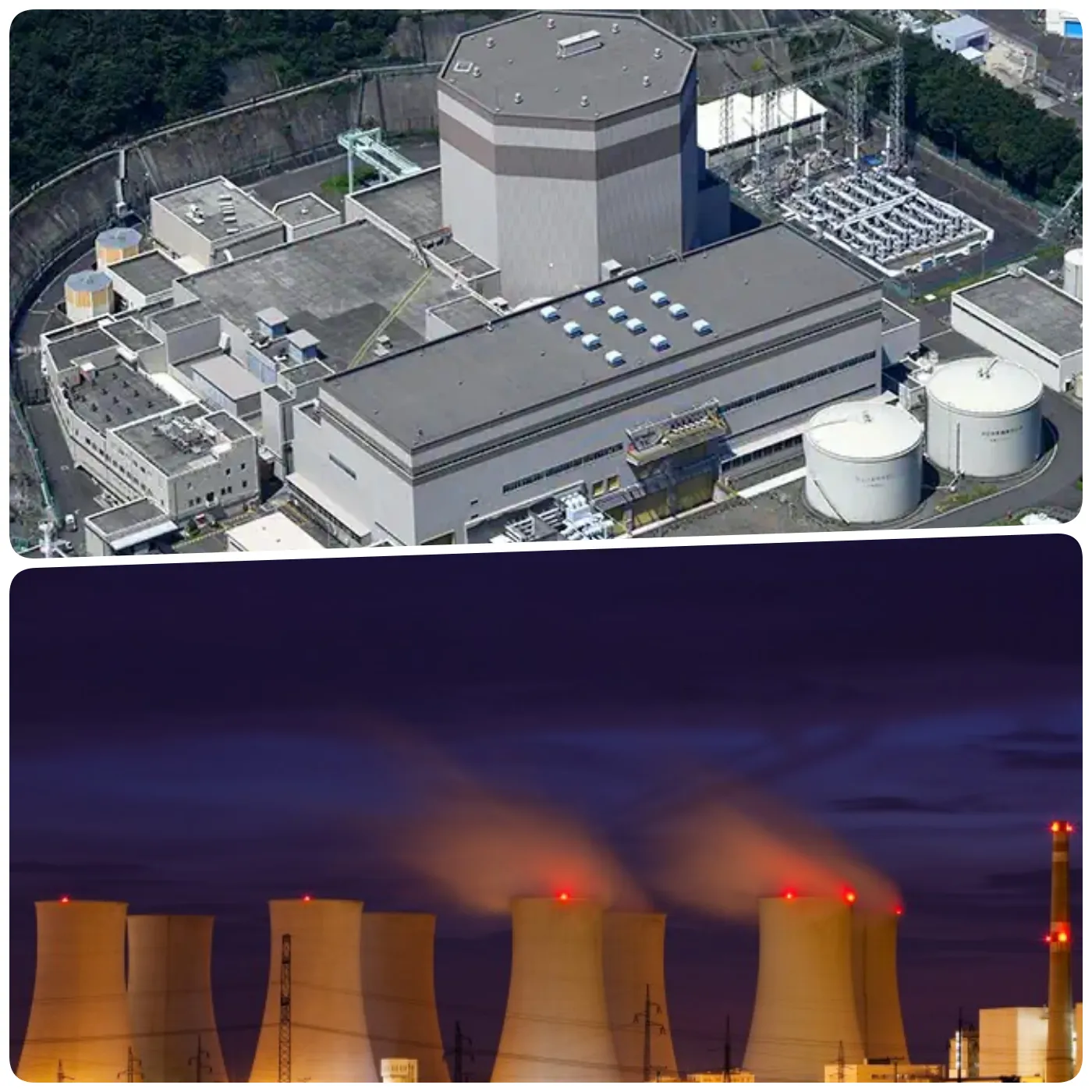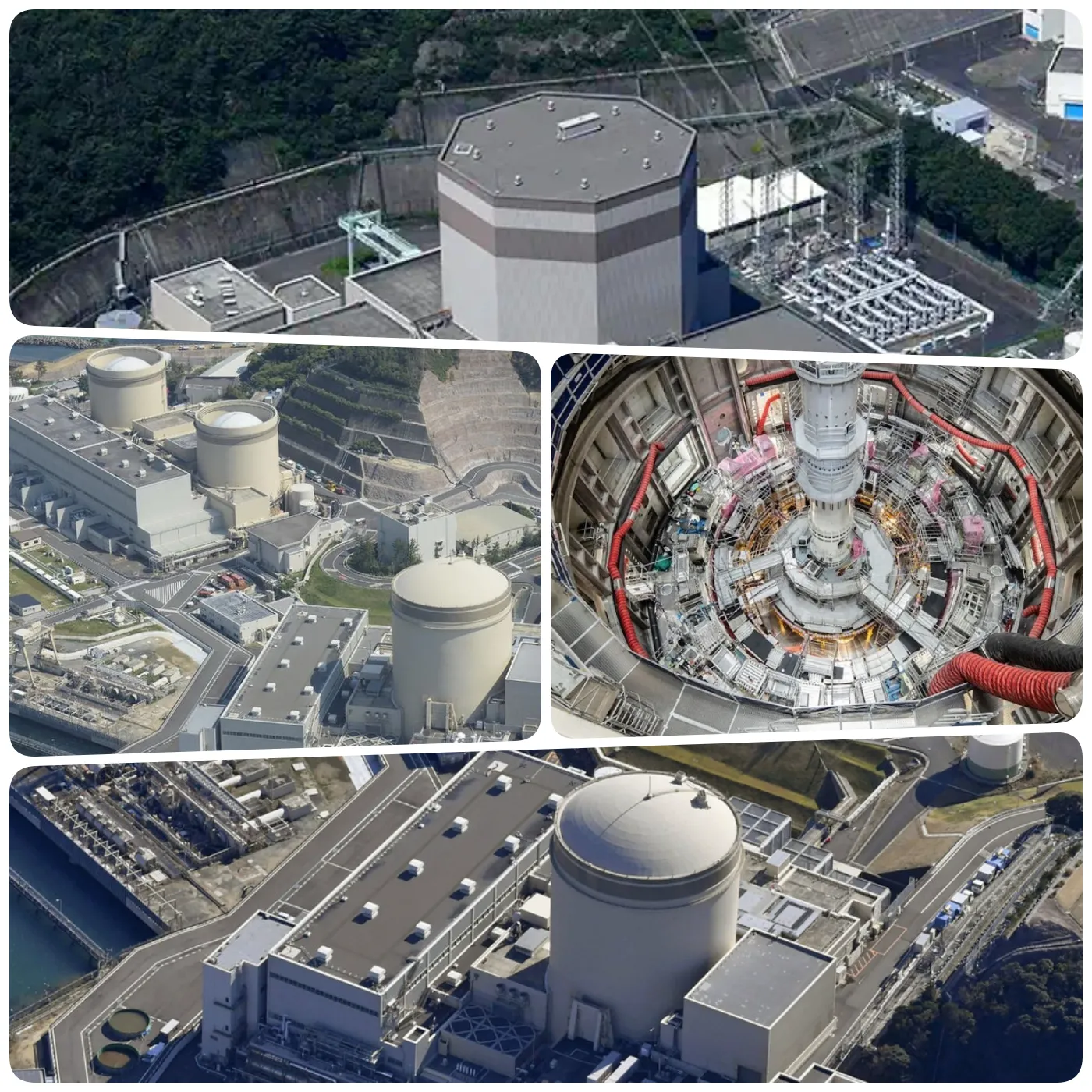
Japan: Nuclear reactor does not meet safety assessment requirements for restart
On August 28, a nuclear reactor in Fukui Prefecture, Japan failed to achieve the necessary safety assessment to restart. This is the first case since the 2011 Fukushima nuclear disaster where a reactor was not rated for safety.
Reactor No. 2 at the Tsuruga plant, located in central Japan and operated by Japan Atomic Power Company, does not meet safety standards due to possible fault lines underneath the facility and These faults are likely to become the source of another earthquake at some point in the future. Therefore, the above agency will synthesize the results into an assessment report and then collect people’s opinions on this report before making an official decision expected in October.

In earthquake-prone Japan, building reactors or other safety-critical facilities directly on active fault lines is prohibited.
Japan Atomic Power Company first applied for safety screening in hopes of restarting reactor No. 2 in November 2015. But in July this year, the NRA’s safety review team concluded that they could not rule out the possibility of an active fault line directly beneath the reactor facility, only about 300 meters from the reactor building.
The reactor’s safety review process was fraught with challenges, including two suspensions after it was discovered the company had submitted documents containing inaccurate information and rewritten data without approval. The company resubmitted its application for a safety inspection last August.
The Tsuruga Nuclear Power Plant is a complex consisting of two units, with Reactor No. 1 being prepared for decommissioning. Reactor No. 2 began commercial operation in February 1987 and was decommissioned in May 2011.

Japan reformed its regulatory framework by establishing the NRA in 2012 and introduced a series of new safety requirements, drawing lessons from the disaster at the Fukushima Daiichi plant caused by the massive earthquake and tsunami go out released in March 2011.
To date, 17/27 reactors nationwide have passed the safety screening process.






